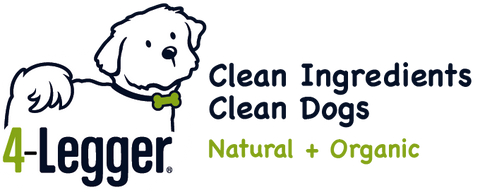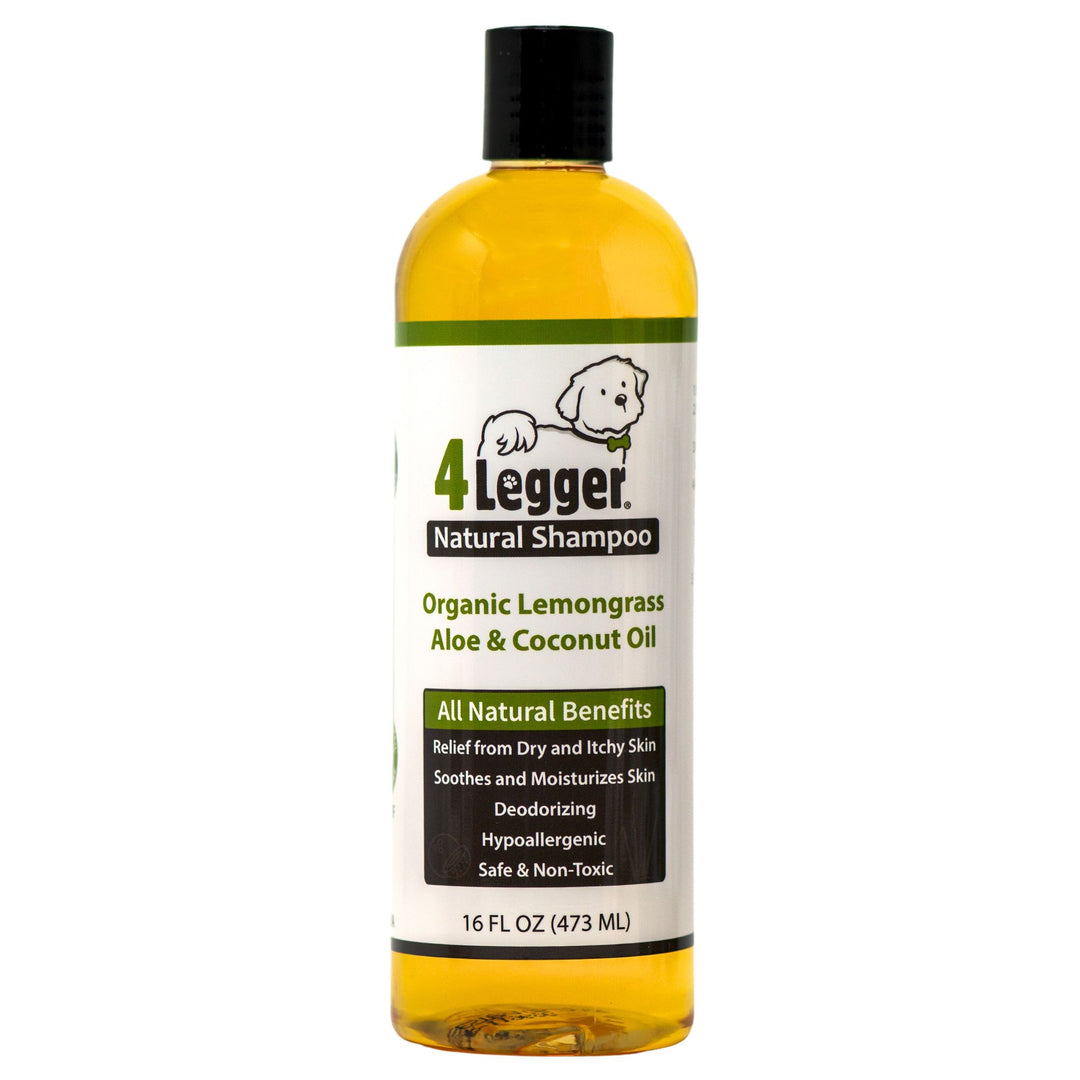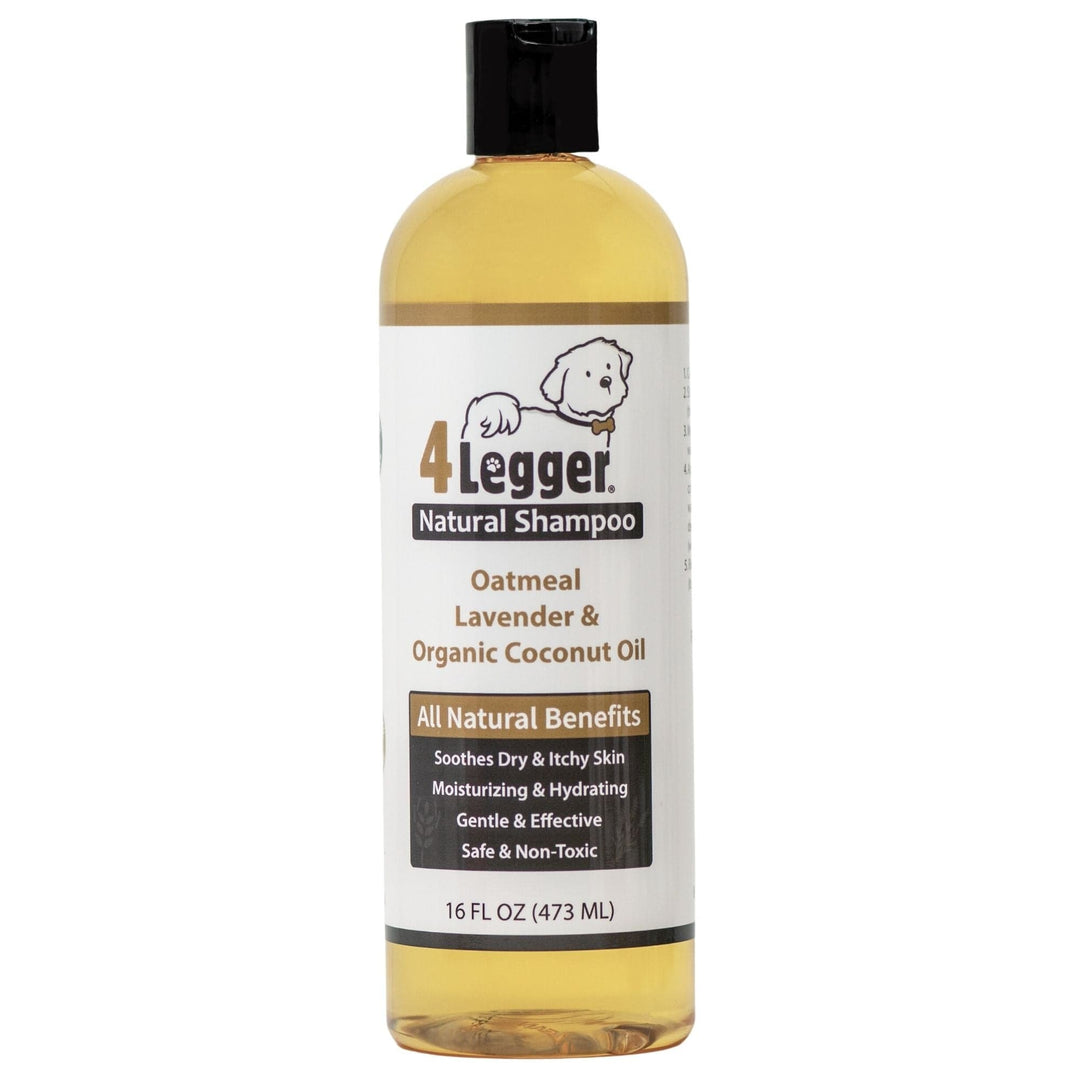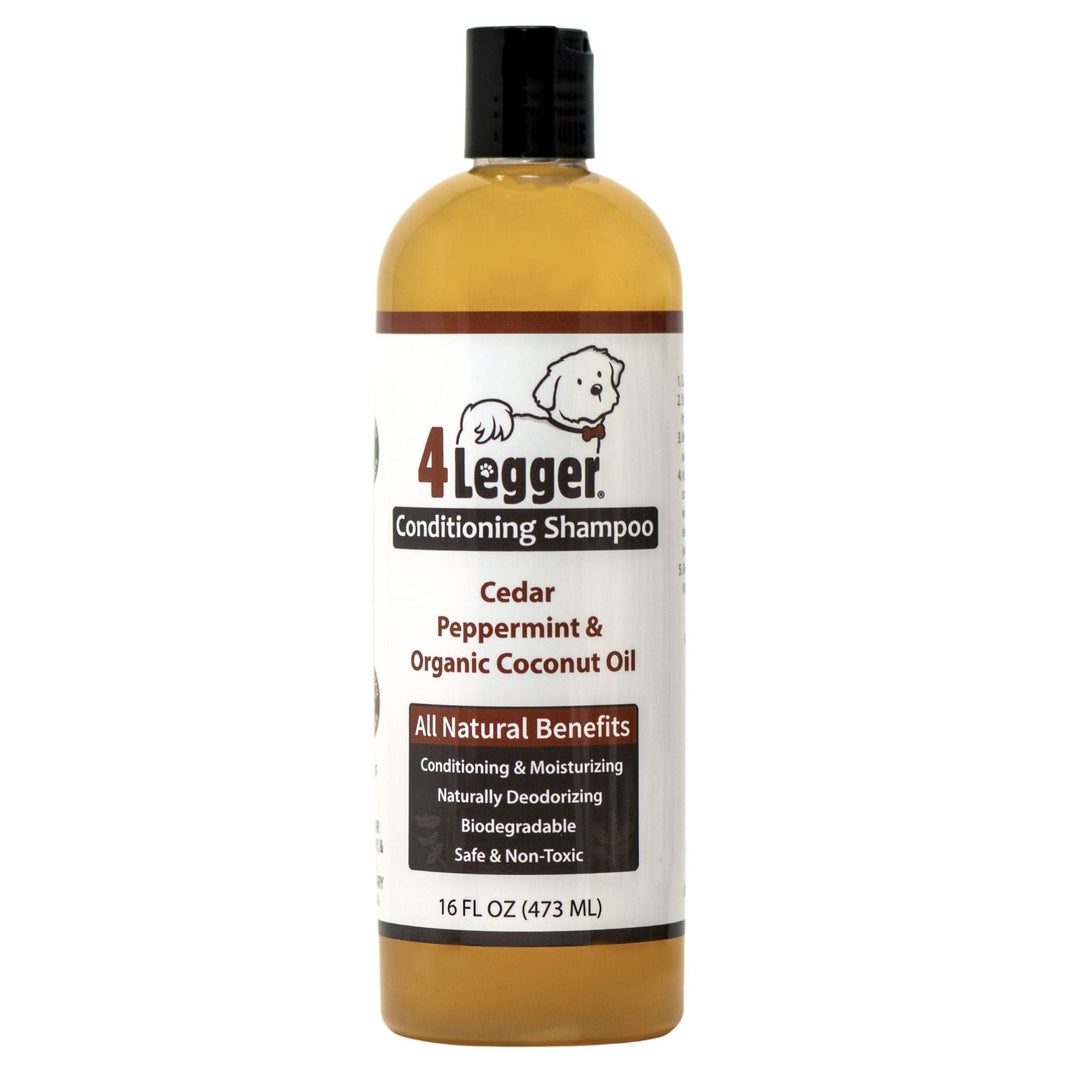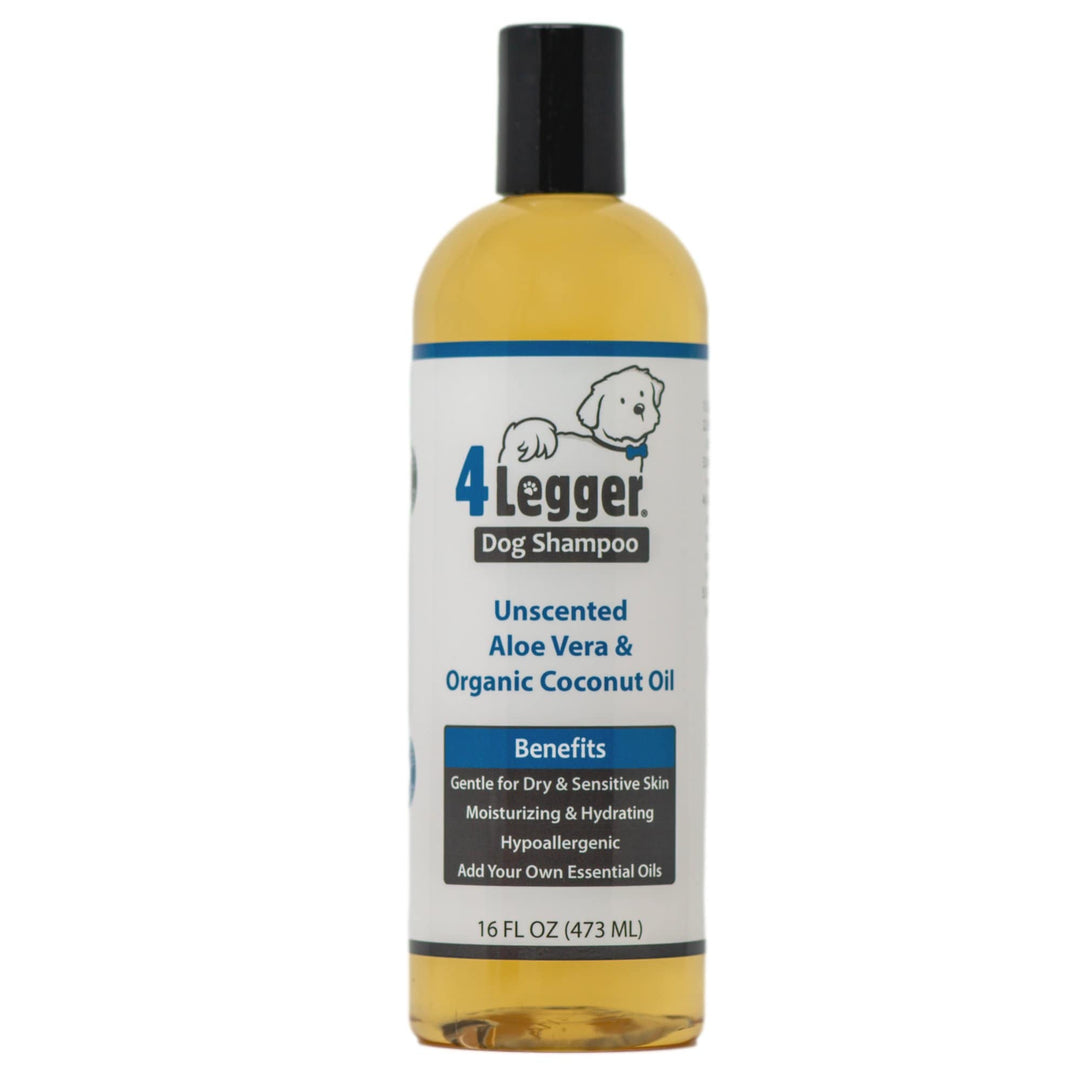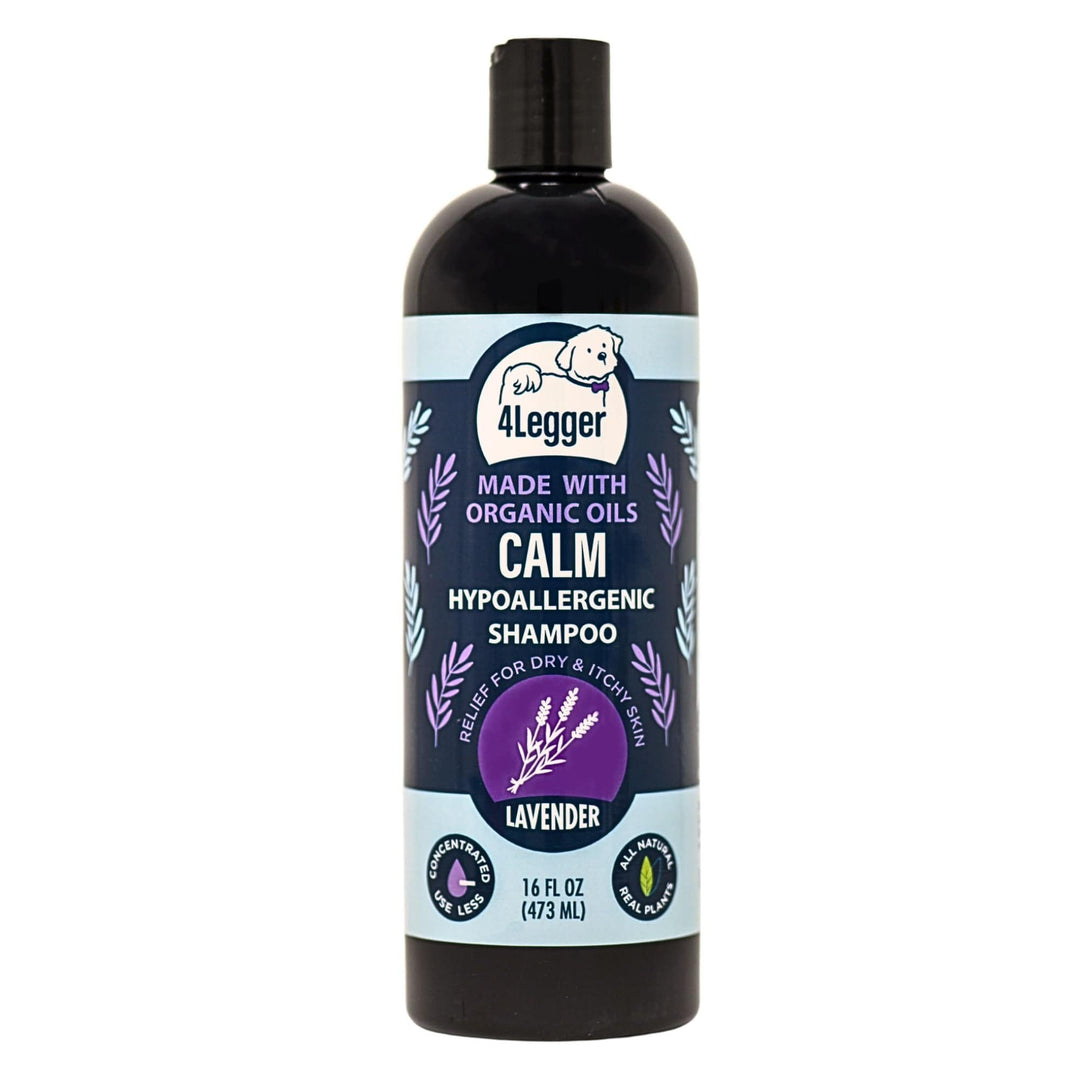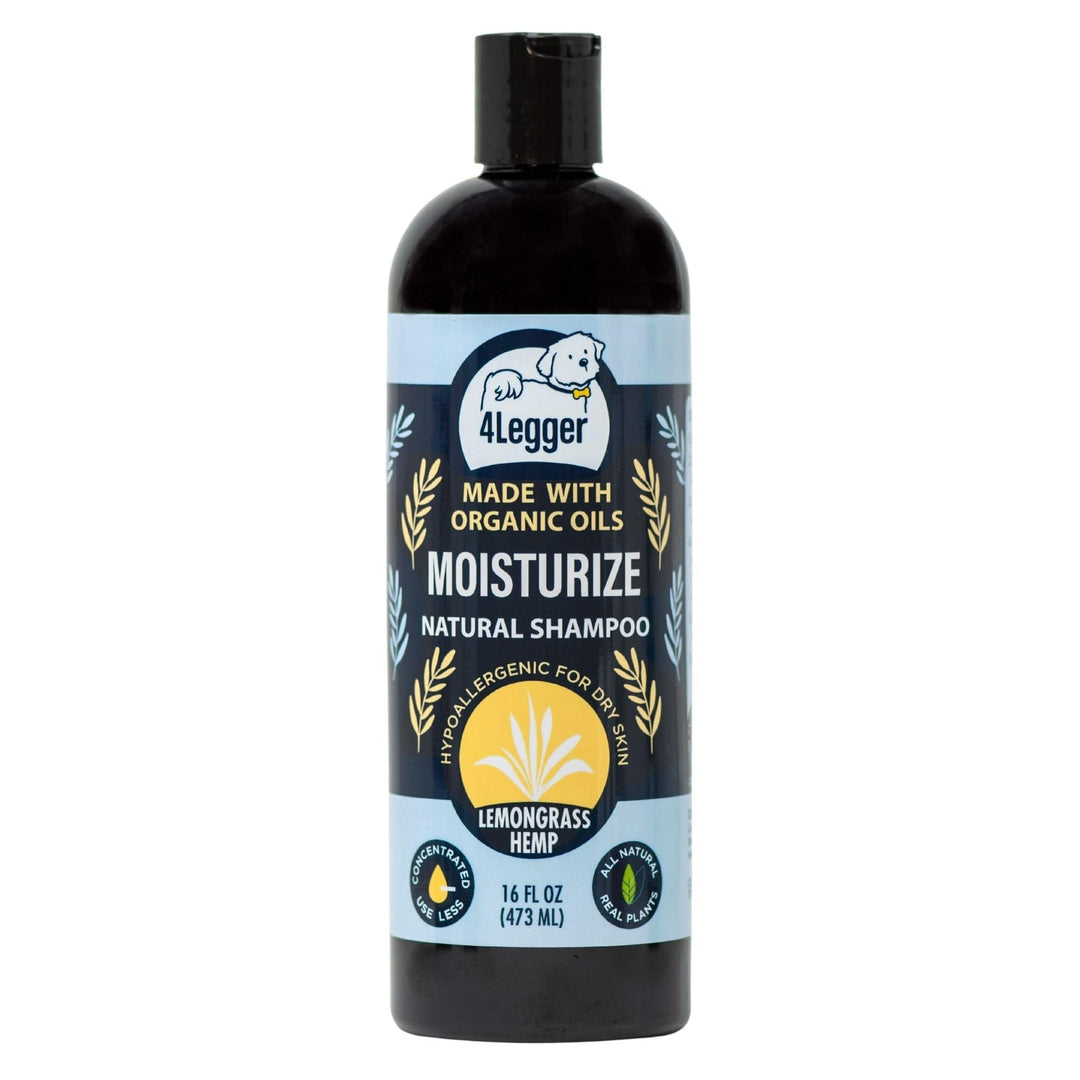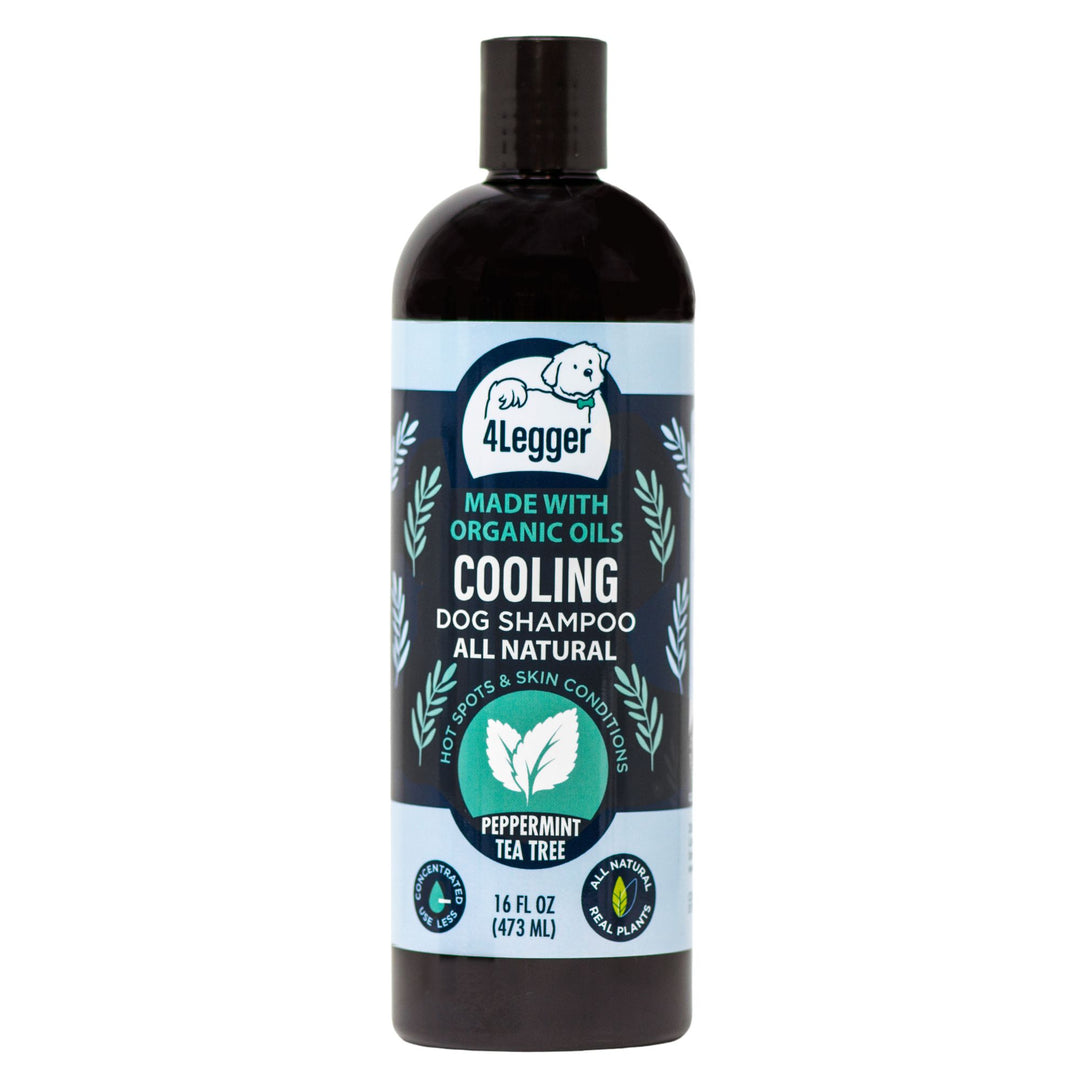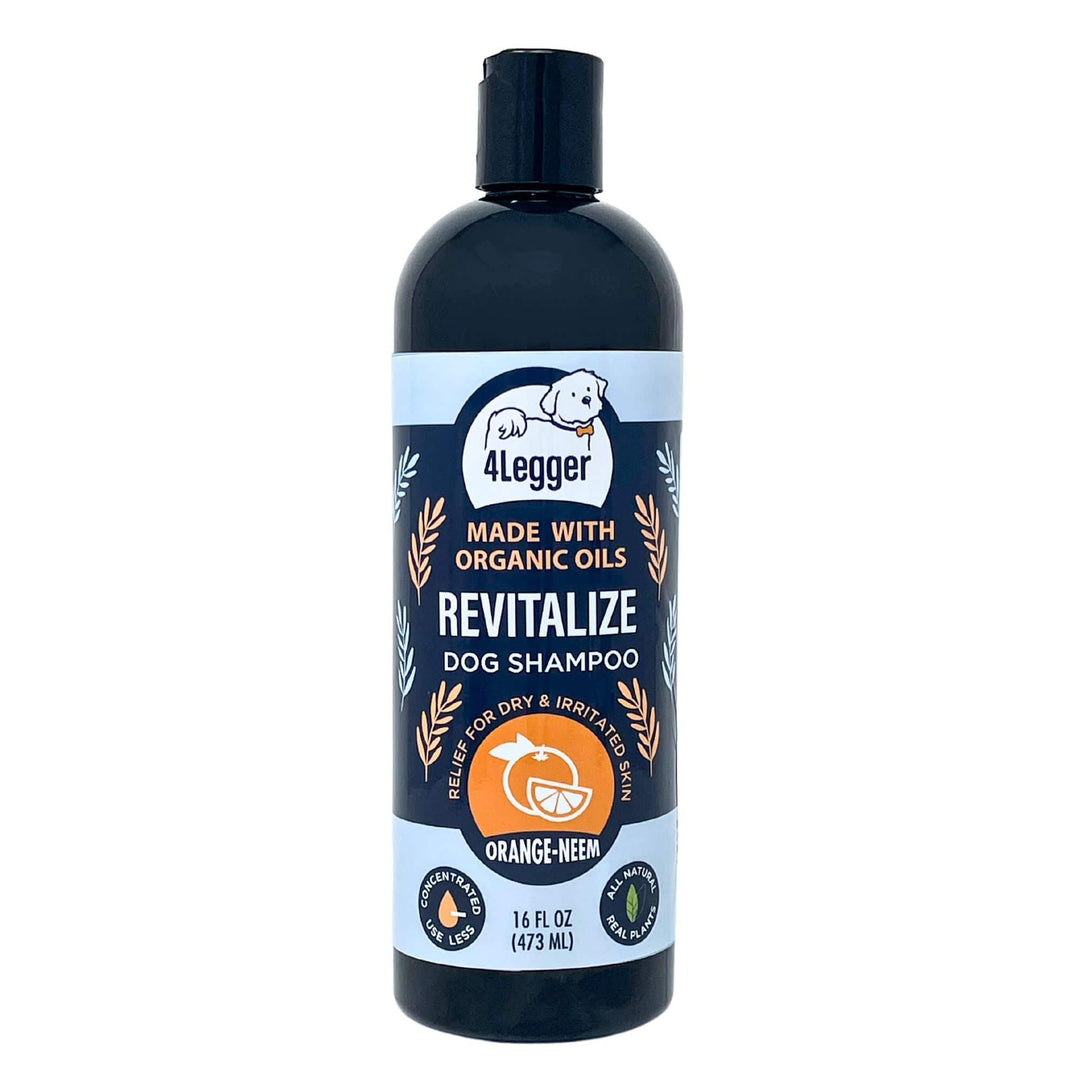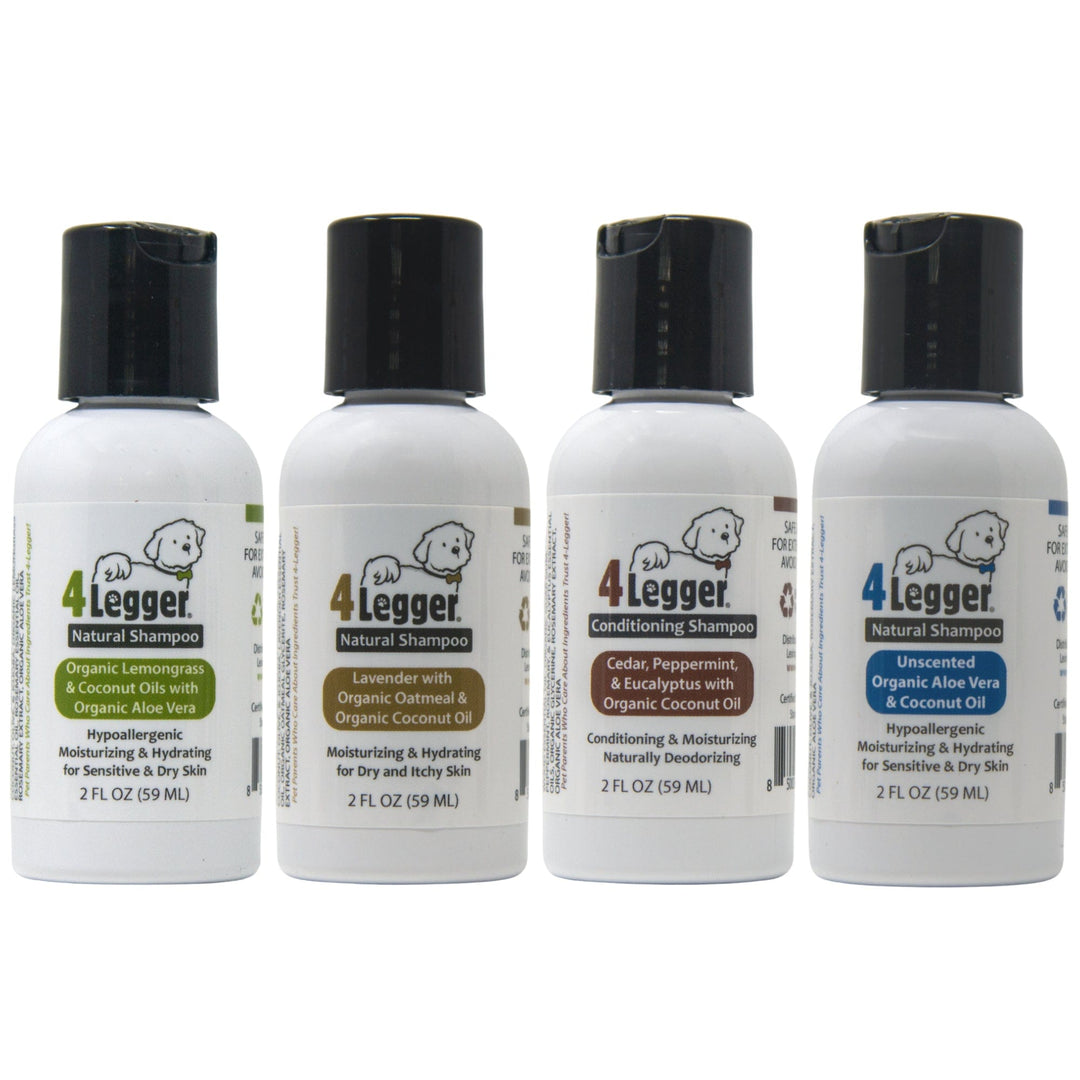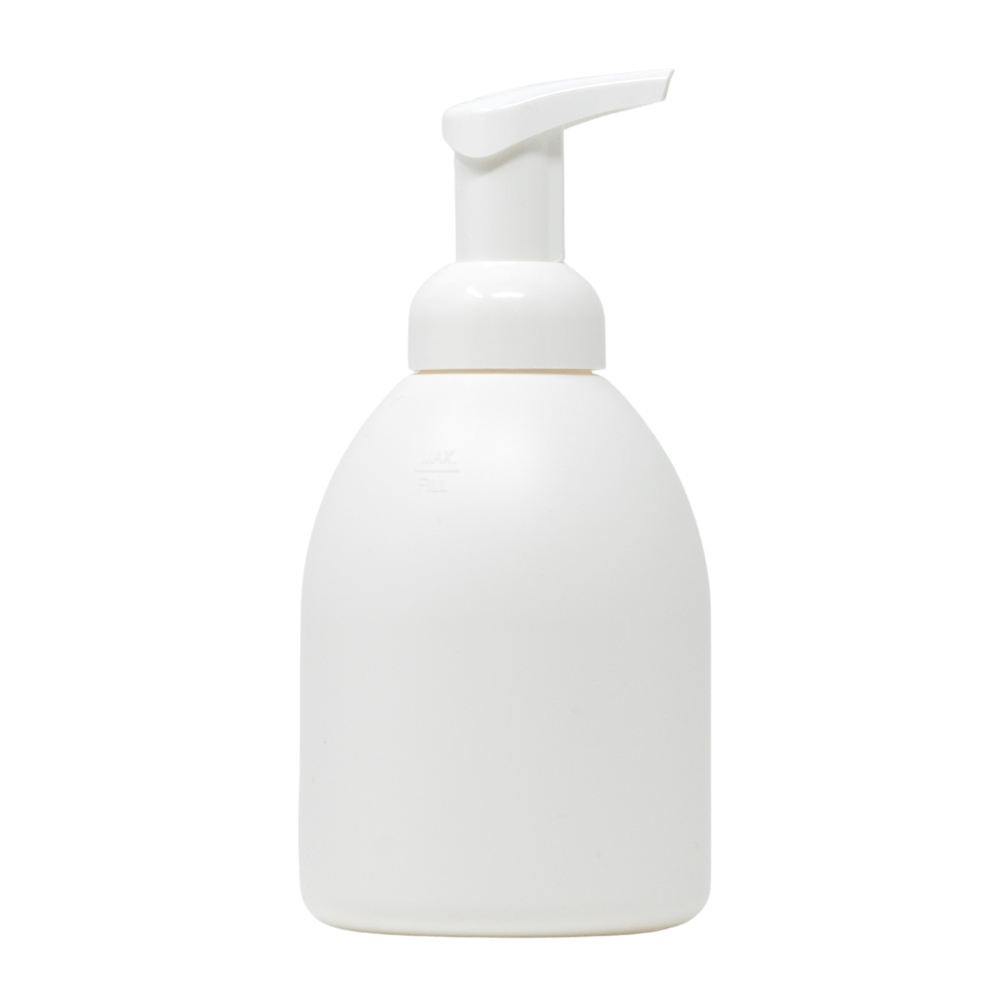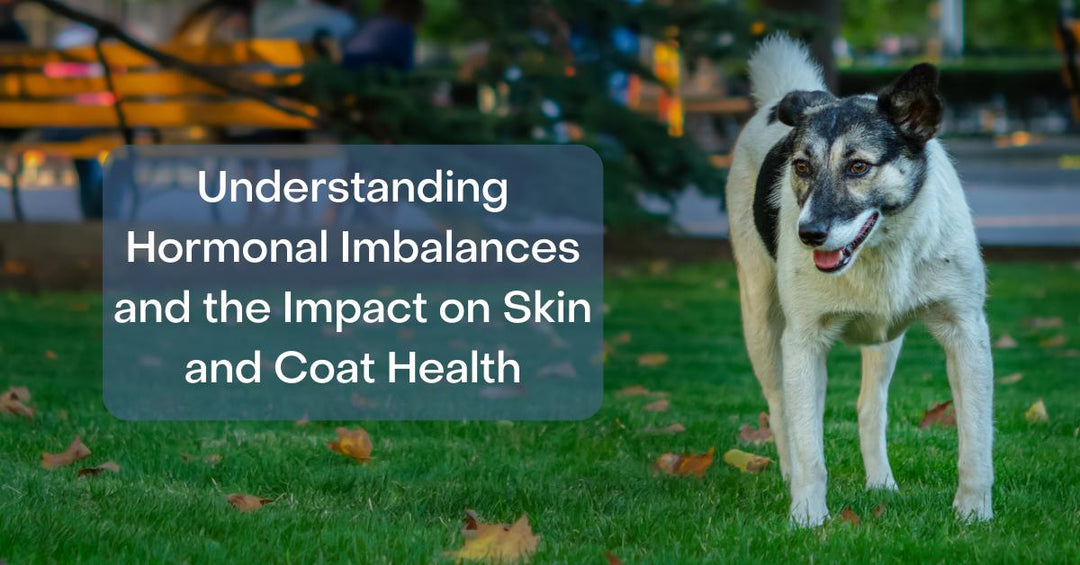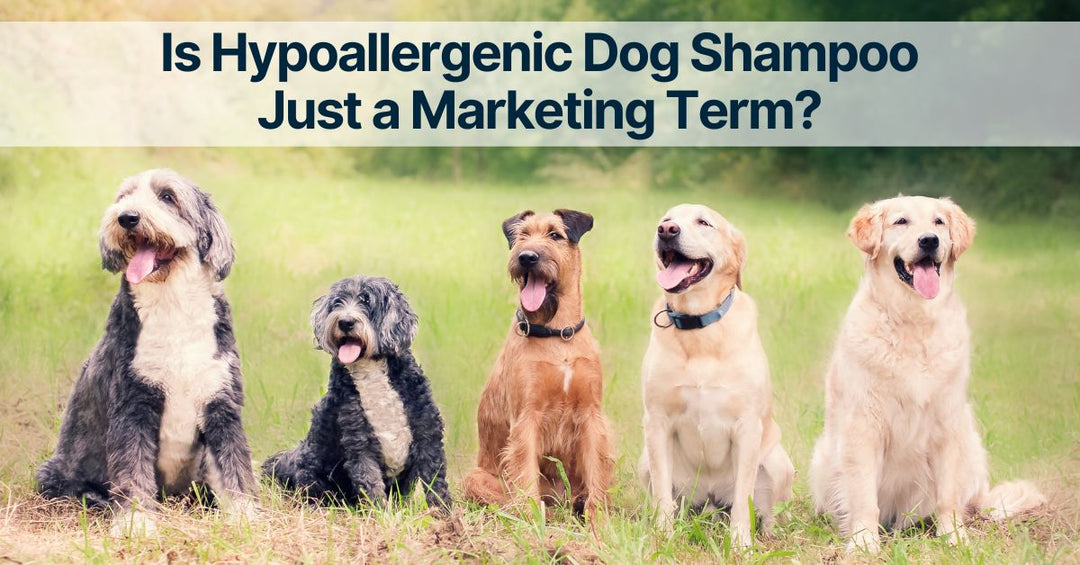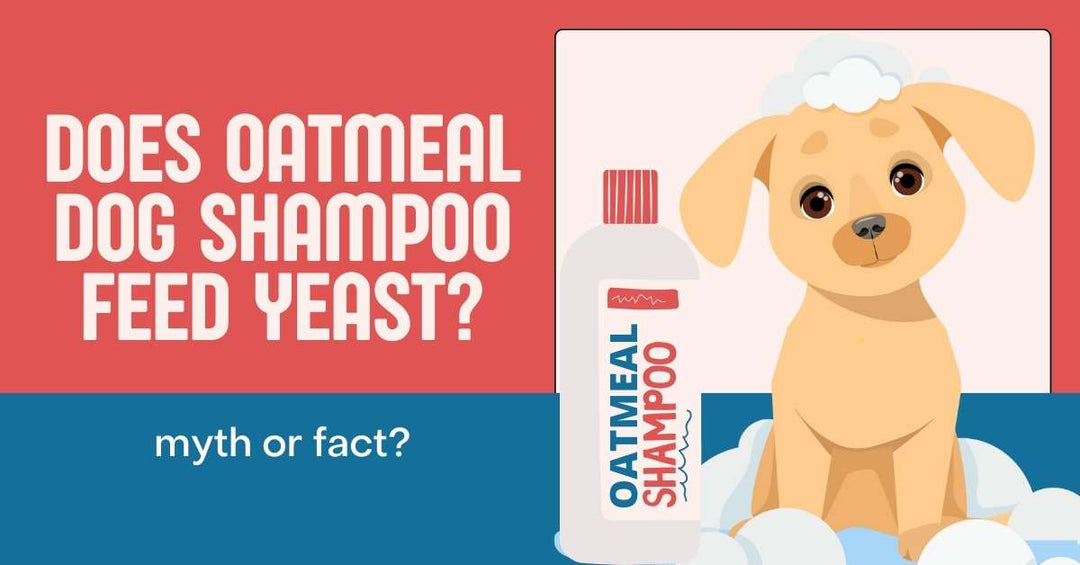Why Dog Shampoo Ingredients are So Important
Current statistics indicate that for dogs over the age of 2, there is a 50% chance they will be diagnosed with cancer.
What is even more alarming is 95% of these cancers are attributed to environmental toxins. Only 5% are attributed to genetics.
Shocked? You should be.
It doesn't take a PhD in mathematics to figure out the solution to this problem.
Environmental Toxins + Dog = Cancer
Reducing your dogs exposure to environmental toxins is one of the most important jobs of any pet parent.
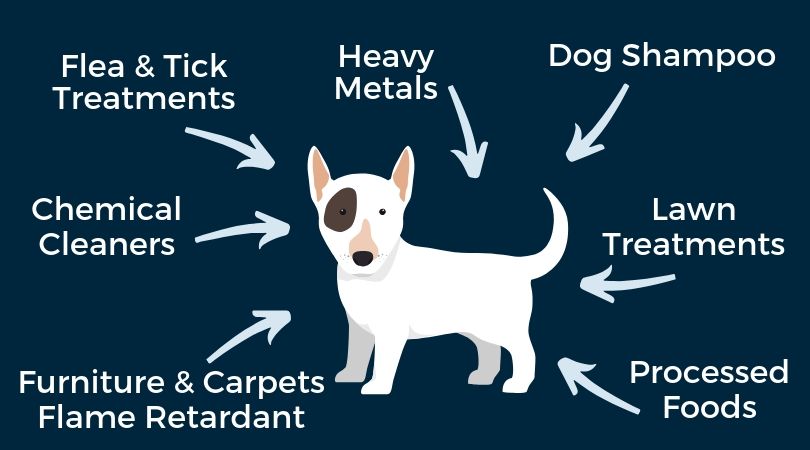
Even more shocking is 1/3 of these cancers are skin tumors and up to 20% of these are mast cell tumors which can also be found in the spleen and liver.
By now we all know synthetic based chemical cleaners, flame retardants, herbicides and pesticides, lawn treatments, flea and tick treatments, and processed foods unnecessarily expose your dog to toxins.
It isn't as black and white when it comes to dog shampoo.
Nearly every dog shampoo on the market uses the words "organic" and "natural" in order to sell their product.
The practice is called green marketing - trying to make a dog shampoo sound all natural and organic so you will buy it. Discerning the truth of green marketing claims is incredibly confusing and time consuming for pet parents.
Who has the time to look up EVERY ingredient and research it to see if it is truly all natural or synthetic?
Then, do the research to see if it has links to any health issues.
Before we wised-up to green marketing, we trusted manufacturers when they said a dog shampoo was all natural and organic. How naive and trusting we were.
When we started 4-Legger we made a list of ingredients we'd never put in our dog shampoo. What started out as a list of 20 ingredients continues to grow.
We developed the first ever dog shampoo ingredient database making it easy for pet parents to look up the ingredients on their dog's shampoo to see if it has toxic links.
Ingredients like phenoxyethanol, cocamide MEA, parabens, DMDM hydantoin, sodium laureth sulfate, artificial colors, artificial fragrances, and many more ingredients used in dog shampoo all pose real health risks to your dog.
These ingredients have links to skin allergies, hormone disruption, organ toxicity, and yes, cancer. Many of the ingredients in dog shampoo (not ours of course) have been banned by other countries for use in human cosmetics.
We believe they will eventually be banned in the United States and for use on pets, especially in countries that understand and value animal welfare.
Use them once and you likely won't see any health issue.
Use products with these ingredients regularly and they accumulate in your dog's body until they reach a "tipping point" resulting in disease.
This isn't "hippie speak".
This is fact.
Using a dog shampoo that has ingredients with ZERO links to health issues is an easy change you can make to lower your dog's exposure to environmental toxins and reduce their chances of being diagnosed with disease - including cancer.
Making the change to 4-Legger USDA Certified Organic Dog Shampoo is simple but the impact is great.
You WILL reduce your dog's exposure to toxins by making this simple change. After all, shouldn't your dog's bath be one of the safest things you do together?
